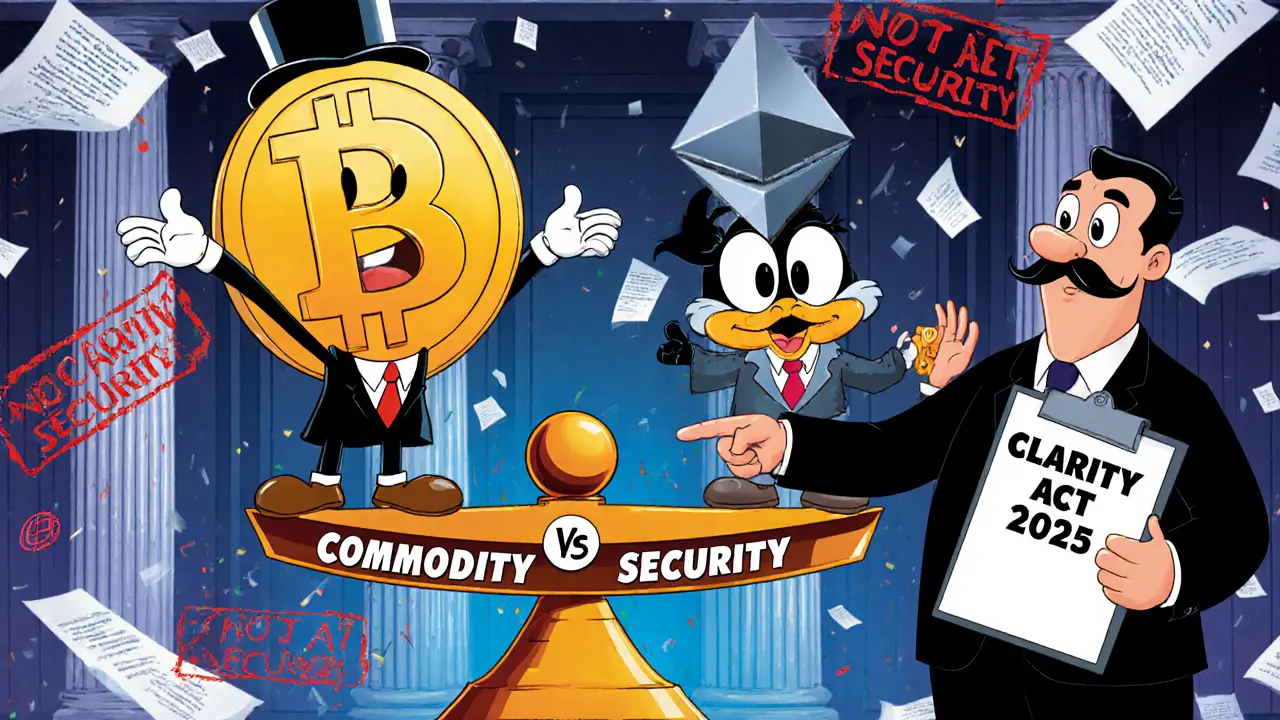International Crypto Regulation: What It Means for Traders and Airdrops
When you hear international crypto regulation, the patchwork of laws across countries that control how cryptocurrencies are bought, sold, and taxed. Also known as global crypto compliance, it’s what decides if you can claim a token, use a wallet, or even log into an exchange from your country. This isn’t just paperwork — it’s the invisible wall between access and exclusion.
Take DeFi regulations, the rules targeting decentralized finance platforms that claim to be borderless but still answer to national laws. Look at dYdX — it calls itself decentralized, yet blocks users in over 30 countries. Why? Because regulators in the U.S., Canada, and parts of Europe demand KYC and licensing. The same goes for exchanges like Karatbit and Mars Exchange, which got flagged for operating without proper oversight. These aren’t random shutdowns. They’re direct results of crypto exchange compliance, the process exchanges follow to meet legal standards like AML and KYC. If an exchange doesn’t comply, it gets sanctioned, shut down, or forced to restrict users — and that’s exactly what happened to EOSex and Garantex.
And here’s the twist: your airdrops aren’t safe from this either. The airdrop eligibility, who qualifies to receive free tokens based on location, wallet activity, or social tasks for APENFT, Corite, or Artify depends on where you live. CoinMarketCap runs global campaigns, but if you’re in a restricted country, you’ll hit a wall — even if you complete every task. Some projects quietly exclude high-risk jurisdictions to avoid legal trouble. That’s why you’ll see guides on banned countries crypto, nations where crypto trading or token claims are legally blocked or heavily restricted — not because the tech is broken, but because the rules are.
It’s not all bad news. Places like Singapore, Switzerland, and parts of the UAE have created clear, crypto-friendly sandboxes. Traders there can move freely between exchanges, claim tokens, and even run nodes without fear. But if you’re in Russia, the U.S., or Brazil, your options shrink fast. You need to know the rules before you click ‘claim.’ That’s why this collection dives into real cases — from the Garantex sanctions that froze Russian traders to how SWAPP and PHA airdrops handle geographic limits. You won’t find fluff here. Just what works, what doesn’t, and how to stay ahead when the rules keep changing.

